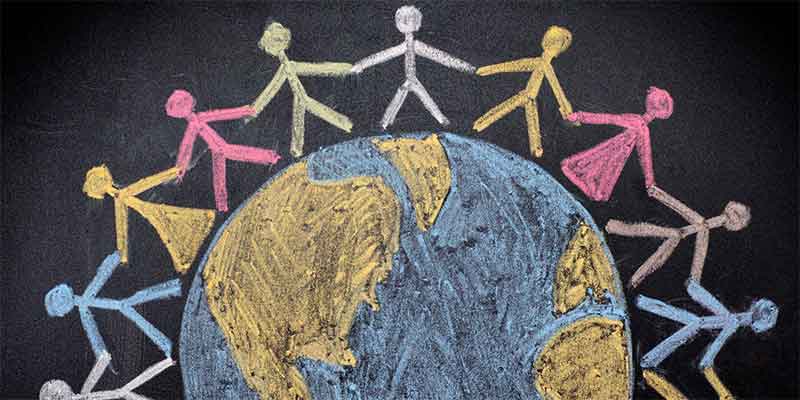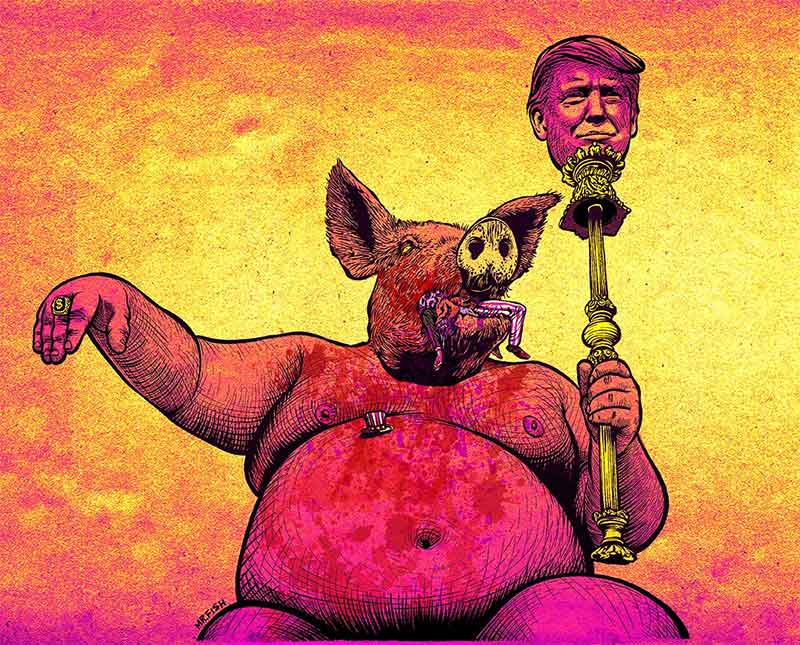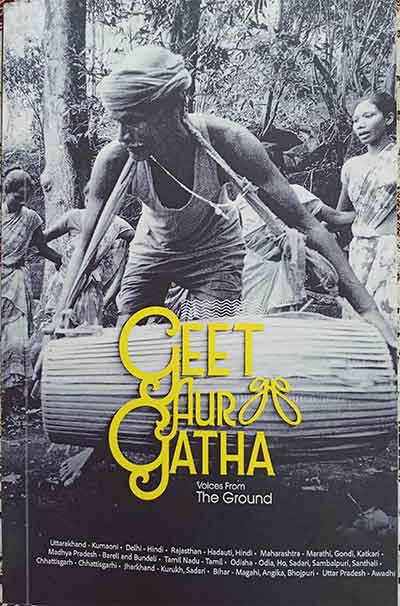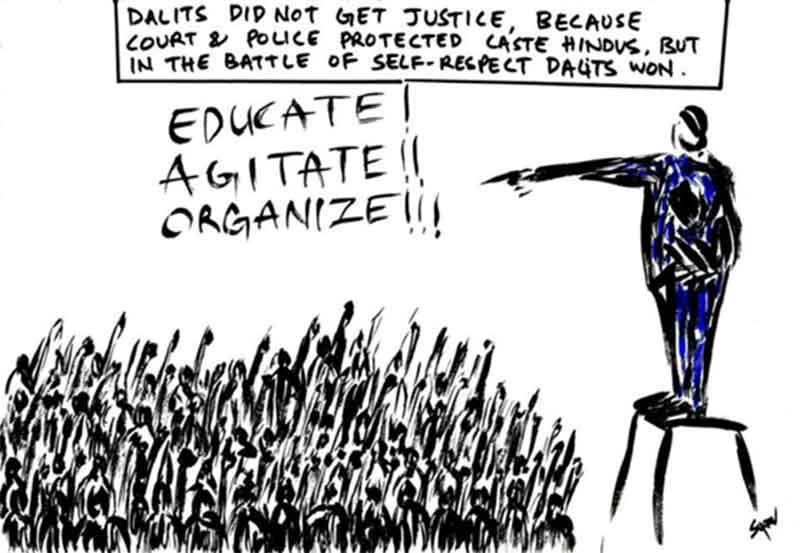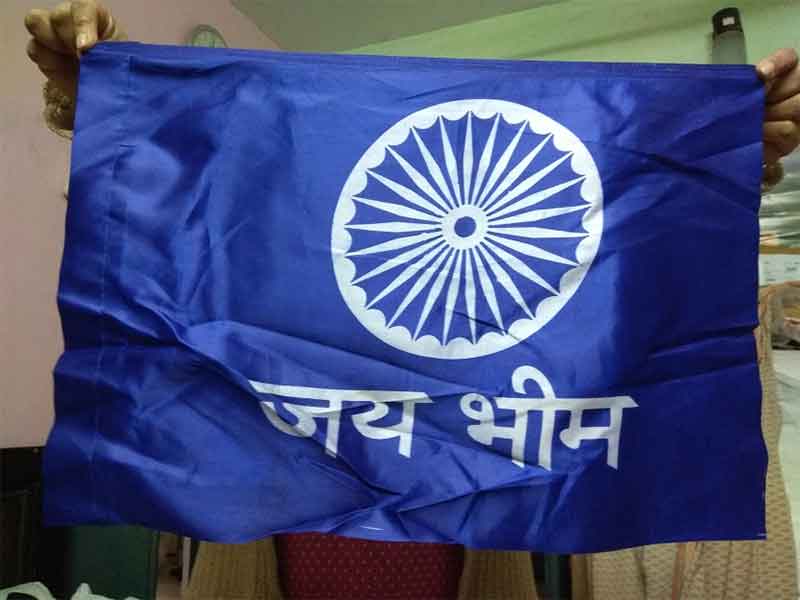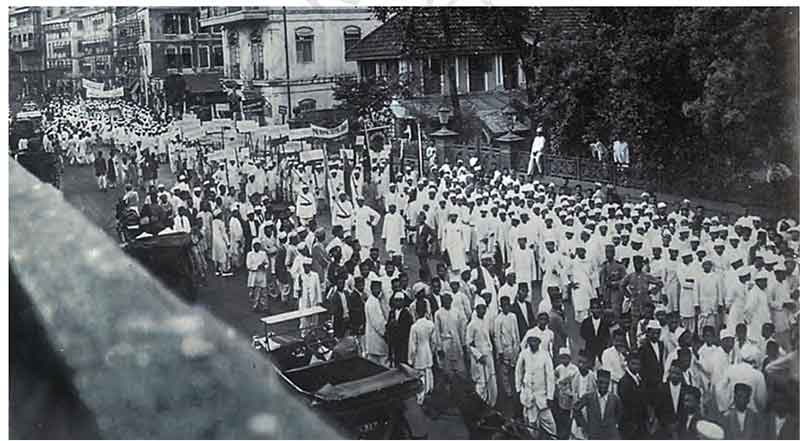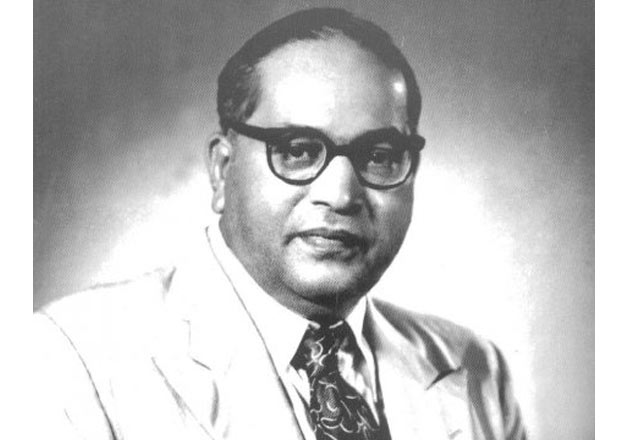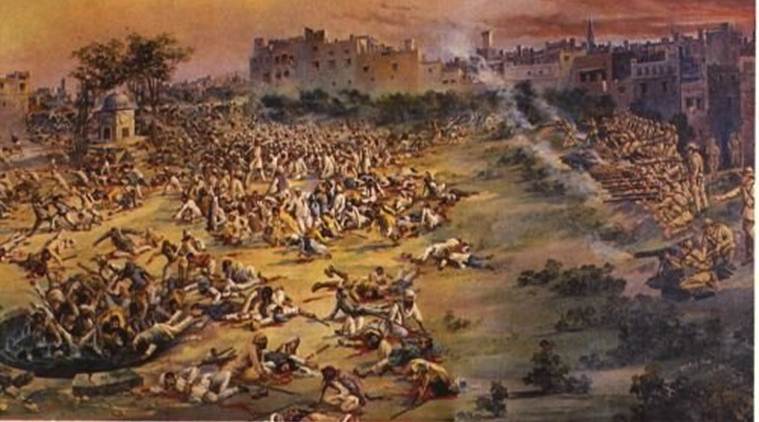
Towards Understanding Societal Cultural Manifestations
Culture refers to the beliefs and practices associated with social life. The meaning of culture is diverse and broad, and one that is not limited to media, literature, music, and arts alone. Many of the apparent manifestations of social life come to include these important avenues and by-products of human social interaction which is creative, artistic, and expressive. (1)
A predominant opinion in cultural anthropology and in sociology is that cultural life is created by culture itself. Social forces and elements shape and influence how people exist, interact, and become acquainted with one another and find context and belonging in life. Although human nature has the capacity to be imprinted by culture, by itself, human nature is like an empty vessel and thus devoid of prejudice, bias, and other preferences which relate to cultural influence. (2)
Nearly all human social development happens by way of social factors which influence and shape human behaviors. Understanding culture and its impact on youth is a necessary determinant in knowing our sustainable future. Our understanding of culture and various subcultures also speaks to our readiness for tomorrow’s societies, our victories and opportunities, and what challenges lie ahead for sustainable future-making. (3)
What is the June 10th Youth Cultural Celebrations?
June 10th in America is meant to be a celebration of youth culture. Important concepts which are meant to encapsulate the social-moral purpose of Juneteenth include elements such as justice, diversity, inclusion, representation, cohesion, and belonging. Although there isn’t one celebration alone associated with June 10th, there are many celebrations which occur from east—coast to west-coast in celebration of youth culture in America. In recent years, legislation made June 10th an official American holiday. Experts and historians have held that June 10th has its roots in the emancipation of blacks and the social justice and equality brought about as a result of the many civil rights movements that have swept the U.S. in various eras of modern history.
We know with certainty that the holiday is a modern holiday touted as a celebration of youth culture in America. The nature of June 10th celebrations is reminiscent of what we would find in Americans celebrating at any time of the year. What strikes my curiosity and thought each year in seeing some of the June 10th celebrations is that something seems odd and missing. I have seen a homogenous youth subculture dominated by a genre of music celebrating a holiday. Often, those leading the celebrations by way of performances are not even youth, but rather middle-aged individuals propagating and representing a homogenous subculture.
Dynamics of North American Cultural Diaspora
Culture is a dynamic social construct and concept which includes languages, customs, ethnicities, races, traditions, and material and non-material elements which give meaning to being and belonging. With a backdrop to this reality of culture and celebration in America, in Canada various provinces held workshops inviting and promoting young entrepreneurs, innovators, and men and women of ideas and social contribution to society. Their focus was on providing a support network for recent immigrants of diverse cultures in order to help facilitate their integration into the multicultural diaspora of North American social life. This in turn would make them a part arid piece of Canadian culture manifest.(4)
Youth is a diverse, sometimes divergent, adventurous, and a dynamic sociobiological construct. An accurate and socially just June 10th celebration in America should include the millions of youth of Indigenous, Hispanics, Europeans, East-Indians, East-Asians, Arabs, Jews, and other peoples that make up the dynamic cultural diaspora which defines America in celebrating, representing, and sharing their ideas and customs as a part and piece of what America is about. (5)
References
- Khawaja, M., “A World Community, Knowing Societies, Cultures, and Values’, Lambert Academic Publishing, 2024.
- Leahy, T., “The Elephant in the Room”. Current Sociology. V.60., 2012, pp.810-823.
3. Khawaja, M., “A World Community, Knowing Societies, Cultures, and Values’.
4. Khawaja, M., “Canada’s System of Social Welfare’. The Times, June, 2023,
https: //thetimes,com.au/world/23595—canada-s-system-of-social-welfare—and-we-the-people—aspiring-for—
5. Khawaja, M., “A World Community, Knowing Societies, Cultures, and Values’.
Mohammad Momin Khawaja is a Sociologist and a Journalist: Member of the Canadian Sociological Association (CSA) and Member of the International Center for Journalism – ICFJ Global Network, Washington, D.C. USA. A graduate of Laurentian University in Sociology, he writes on current issues of cultural studies, social justice, criminology, philosophy,history and problems of indigenous social welfare system and human development. He is author of numerous publications including, Women in the Ancient World (Lambert Academic Publication, 2023), Philosophy and Ethics; and A World Community: Diversity in Cultures and Values (2024). He recently published: “North American Colonization of Indigenous People, Cultures and System of Social Welfare.”

